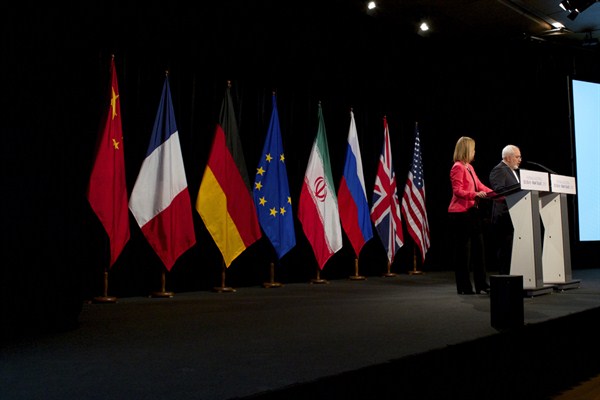Washington is in full gear for an intense 60-day debate over the Iran nuclear deal, and one important feature of the discussion is the contributions made by diverse civil society organizations. It’s one of those moments where information and analysis are in high demand, highlighting the interplay between government and nongovernment actors. Think tanks in particular are playing a prominent role in educating the public and engaging with journalists and congressional offices, whether to amplify, endorse or critique the Obama administration’s position.
The decade of on-again, off-again negotiations with Iran in some ways serves as a good illustration of the niche that think tanks occupy in the policy ecosystem. Throughout that time, think tanks, often in collaboration with university-based experts, organized teams to track the talks and dig deep on various issues, based on their established areas of expertise. They have convened seminars, task forces and conferences to pool knowledge, compare notes and develop individual or institutional positions on the agreement’s merits or shortcomings. A lot of cross-learning has taken place, and ad hoc coalitions of like-minded experts and former officials have expressed their positions in letters to the president, Congress and various constituencies.
Arms control and nonproliferation groups, such as the Arms Control Association, Federation of American Scientists, Nuclear Threat Initiative and the Institute for Science and International Security, have particular credibility in assessing the technical aspects of the deal and evaluating the International Atomic Energy Agency’s ability to monitor Iran’s behavior and detect any noncompliance. For the most part, these research institutions do not take formal positions, so that individual scholars might parse the issue in distinct ways and avoid taking a formal position for or against the deal. For some, the virtue is in providing objective information, and it is up to the political players to determine if the information persuades them to support the deal or not. Nevertheless, having approached the topic with a particular world view, these groups have largely favored the deal that was reached, seeing it as a genuine contribution to the strategic objective of reducing nuclear proliferation and its accompanying dangers.

